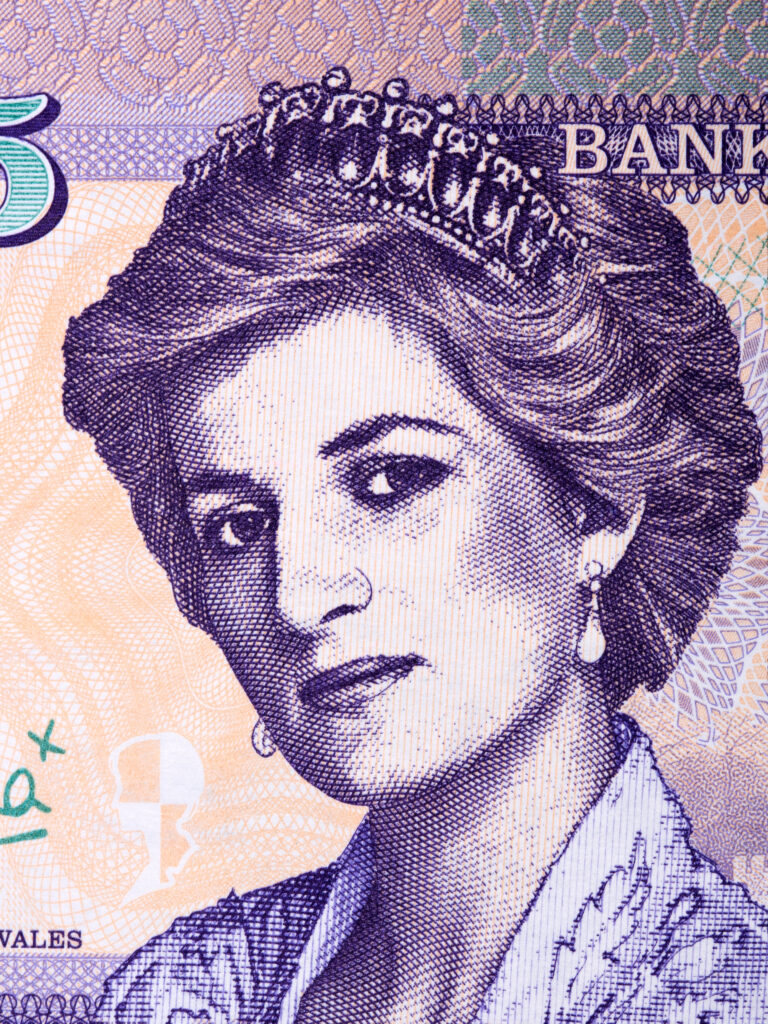It turns out that royalty, succession, and intrigue aren’t topics relegated to the nobility-filled courts of bygone eras. We still hold a deep fascination with who will be next to take up the throne, and one question that stands out is whether or not Princess Diana could have ever ended up as Queen?
Due to the manner in which the line of succession works, Princess Diana would never have become Queen. The closest that Diana could have come to becoming Queen is if Prince Charles had taken the throne, making her queen-consort.

Historical function, fiction, or some combination of them both, has given us the idea that simply by marrying a king or queen, you immediately become the corresponding piece of the pair. Unfortunately, it’s not quite as simple as that.
Line of Succession
The British line of succession is a complicated beast and isn’t as easy to understand as taking a dig through the family tree to see who the next in line is. On the plus side, it’s not as arcane as it used to be.
At one time, your position in the queue to the throne got determined by factors that ranged from your sex all the way to your religion. For example, until somewhat recently being female automatically put you behind your male counterparts when determining who inherits the throne.
That particular rule with regards to the order of succession in male and female heirs born after 2011 was put into effect in 2013, in the Succession to the Crown Act. It also removed the disqualification of heirdom incurred by marriage to a Roman Catholic.
Although it doesn’t directly relate to Diana’s position on the hierarchy ladder, it should illustrate just how complicated the politics of succession actually are. With even direct succession having so many caveats, where exactly do the spouses of immediate heirs fit into the equation?
The Royal Wives
So that brings us to the question of Diana and Charles. If we decide to rewind the clock and take a stroll through an alternate version of history, how exactly does the succession look if Queen Elizabeth had abdicated the throne while Diana and Charles were still married?
Of course, as the eldest son of Elizabeth, Charles is first to step up to the plate to become King. Logic might dictate that in turn, Diana becomes Queen, simply by virtue of being Charles’ wife, but it’s not the case.
That incorrect assumption isn’t baseless either, as it was the case historically that the wife of a King was a Queen, and vice versa. That hasn’t been the case for at least a hundred years or so, though.
Instead, should that situation have arisen, Diana’s title was to be queen-consort. It almost has an air of controversy to it — as if the title implies some kind of shadowy relationship or affair.
The term is about as far away from the idea of a concubine as you can get.
Really the title of queen-consort just means that Diana was the Queen by marriage, not inheritance. It seems like a needless distinction to make, but it’s an important one nonetheless, as it means that despite having the same social rank as her husband she would not have all the powers that go along with it.
The question of whether or not she kept the title may also be an issue up for debate, should something happen to her husband. This all might seem a little unfair, but the same thing applies to those who marry the Queen, see Prince Philip.
A Crown’s Burden
Should Diana have even been in the line of succession for the title of Queen, considering her rocky relationship with the royals, it’s doubtful that she’d have even been too eager to assume the role.
Those who knew her were under the impression that the burden of being part of the royal family weighed fairly heavily on her, even reporting that she wished for a more normal life, free from the restraints and expectations of her monarch family.
Her rebellious behavior certainly suggests there’s some truth to the claims, but one thing is for sure: Princess Diana’s everlasting popularity tells us that if she had ended up as the queen-consort, it’d have been to a warm welcome by the people.